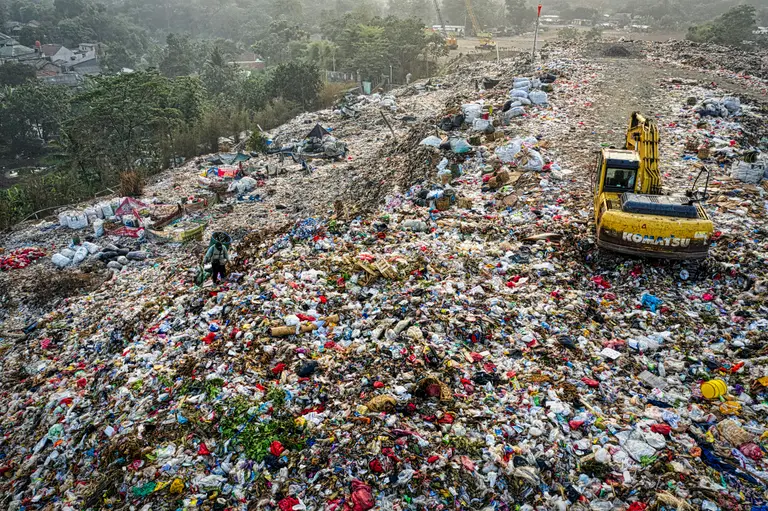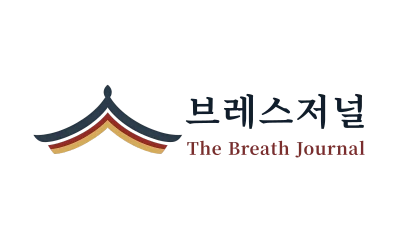
Korea's zero plastic initiative has stumbled more often in execution than in words. Systems like the disposable cup deposit have seen repeated announcements and delays, and confusion remained even after implementation. Some regulations were rolled back, and others were loosened. Ultimately, stores and citizens found it difficult to know what to prepare, and companies struggled to invest in facilities and logistics. The direction is correct, but the distance between policy desks and the field is vast.
This sense of distance is also visible in numbers. In cities that introduced reusable cups and return machines, operations ceased, leading to fewer collection points and decreased willingness to participate. Even if the system remains, if it is empty, the recovery rate quickly drops. As these experiences of stagnation accumulate, the political cost of the next attempt increases, and policies become more conservative. It’s a vicious cycle where slow steps become even slower.
However, we cannot stop. The export market is rapidly demanding the expansion of reuse and the disclosure of toxic information. If we follow behind, the costs will be ours to bear, and the norms will belong to others. What is needed is threefold. First, we need to establish operational standards, second, public procurement should act as a catalyst, and third, we must design regulations and rewards together.
First, operational standards are key. We need to bundle cup specifications, labeling methods, deposit handling, cleaning and hygiene standards, and transportation cost calculations into a single protocol and establish it as a national standard. This is a mechanism to ensure that the system does not waver even if participating companies change. Standards are necessary for capital to flow in, and with capital, cleaning hubs and recovery networks can stabilize. The past methods, which relied heavily on operators, were unstable. It is now time to shift to a standard-centered approach.
Second, public procurement must open the market. Local government festivals and public meals represent a large, recurring demand throughout the year. By bundling reusable containers and recovery logistics in multi-year contracts in this area and publicly displaying indicators like recovery rates and turnover rates on a dashboard that everyone can see, unit prices can stabilize quickly. Once procurement stabilizes, private companies gain the basis to invest in equipment and cleaning facilities. The accumulated data will then become the basis for the next regulations.
Third, let’s simplify and make regulatory signals consistent. If one side relaxes while the other tightens, the market will choose to wait and see. For example, there is a method where if reusable cups exceed a certain turnover rate, a portion of the deposit is returned as operating costs. There is also a way to give procurement points to stores that reduce disposable use. It is difficult to spread with only one signal of prohibition or relaxation. There must be rewards that draw participation.
The tasks for companies are also clear. They must move away from reports that only emphasize recycling rates and publicly disclose plans to actually reduce the use of new plastic raw materials. Showing quarterly data by product category will build trust. Distributors can align their supply chains by including reuse turnover rates and the disclosure of additives in their purchasing criteria. As this combination grows, reuse will become a common choice throughout the city.
What citizens need to do is simple. They should return items at the nearest return point and choose refills wherever possible. The important factors are convenience and trust. When citizens believe that refunds will be returned on time and that cleaning and hygiene are managed to standards, participation will naturally increase.
To reiterate the core message: what is needed now is not a slogan but functioning rules and disclosed numbers. By establishing operational standards, opening the market through procurement, and designing regulations and rewards together, Korea's zero plastic initiative can start walking again.

![[Scenario] 2026 Global Wildfire Calendar: The Unending Cycle of Flames](https://cdn.breathjournal.com/w400/q80/article-images/2025-10-01/83cbd0d7-c7c9-4101-b4f6-e39cff028d87.png)

![[Focused Planning] 2026 Global Wildfire Calendar, Facing a Charred Future](https://cdn.breathjournal.com/w400/q80/article-images/2025-10-01/5be639f5-d684-4605-acb1-e0127c554e7c.png)

댓글 (0)
댓글 작성
댓글을 작성하려면 로그인이 필요합니다.
로그인하기